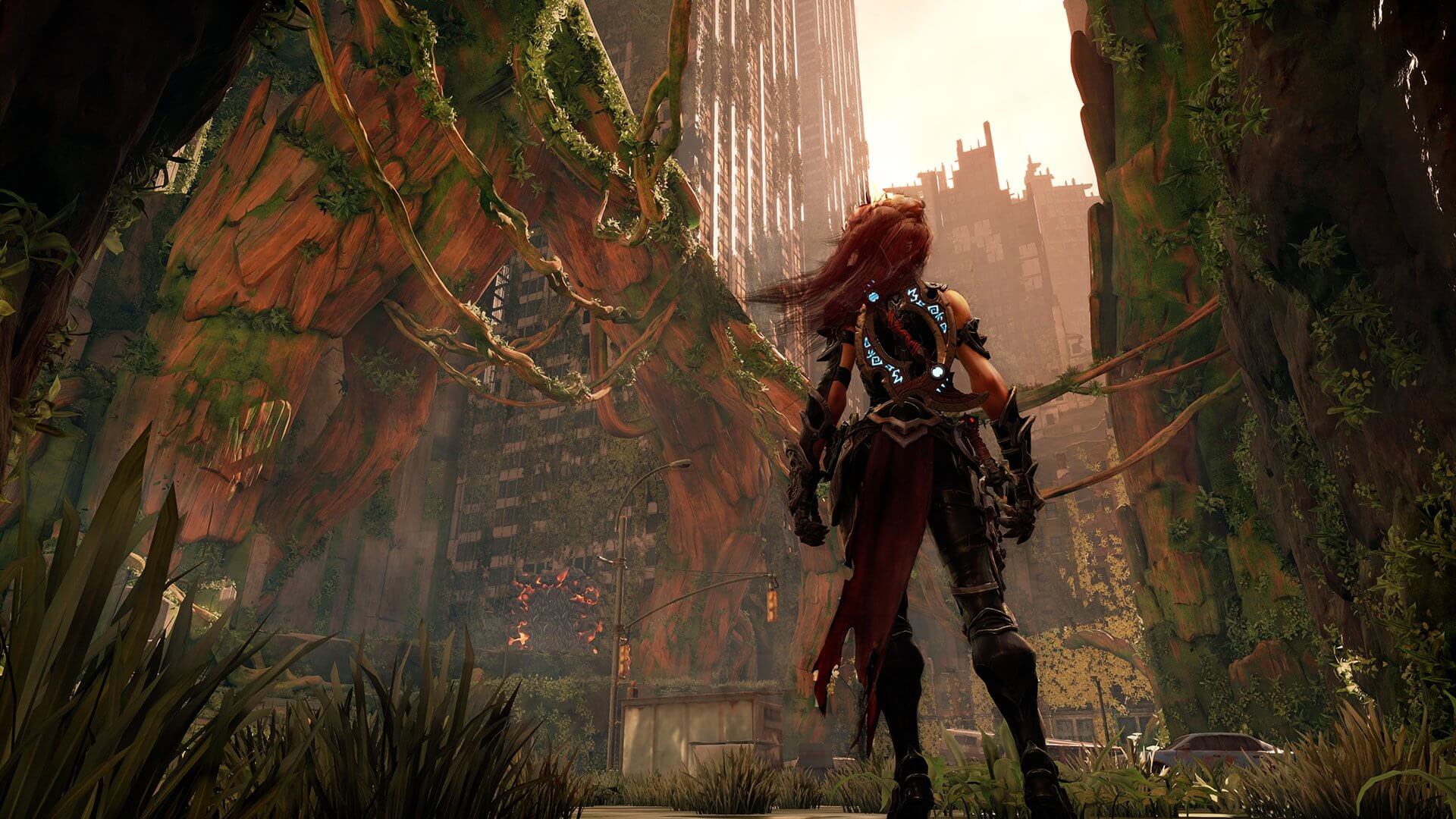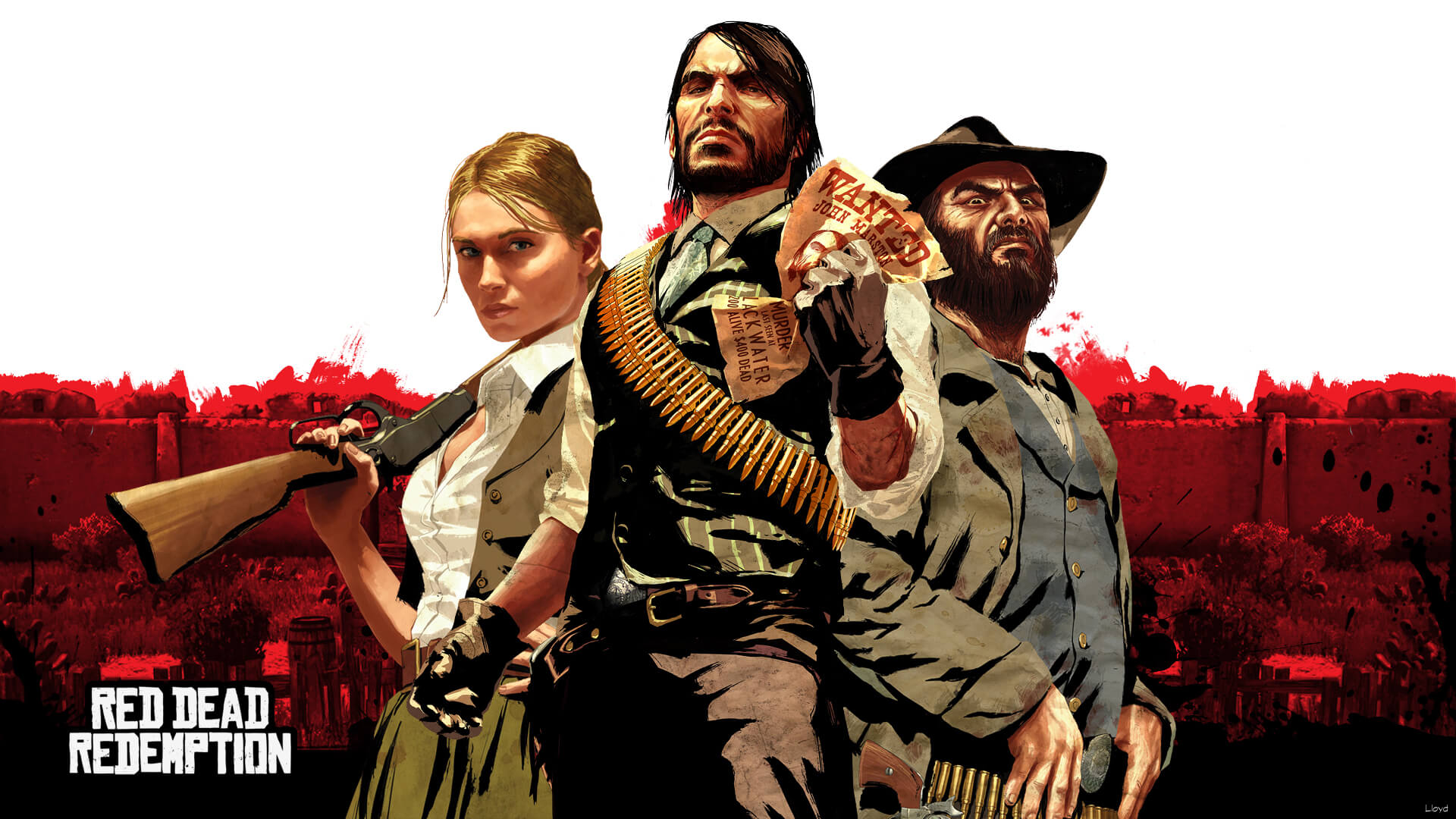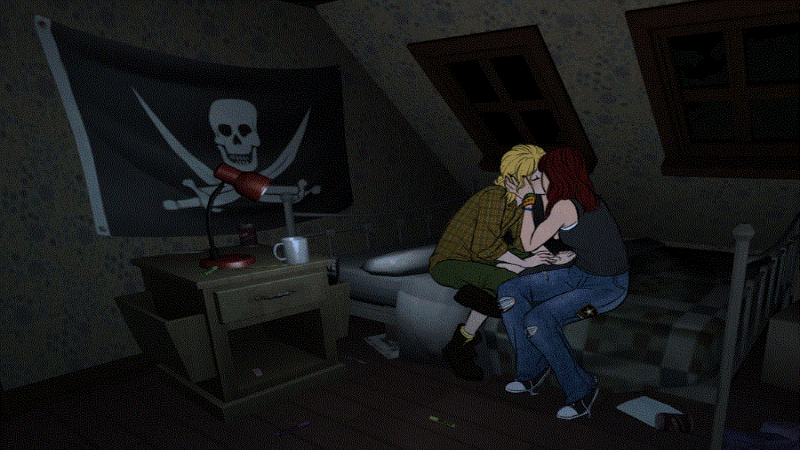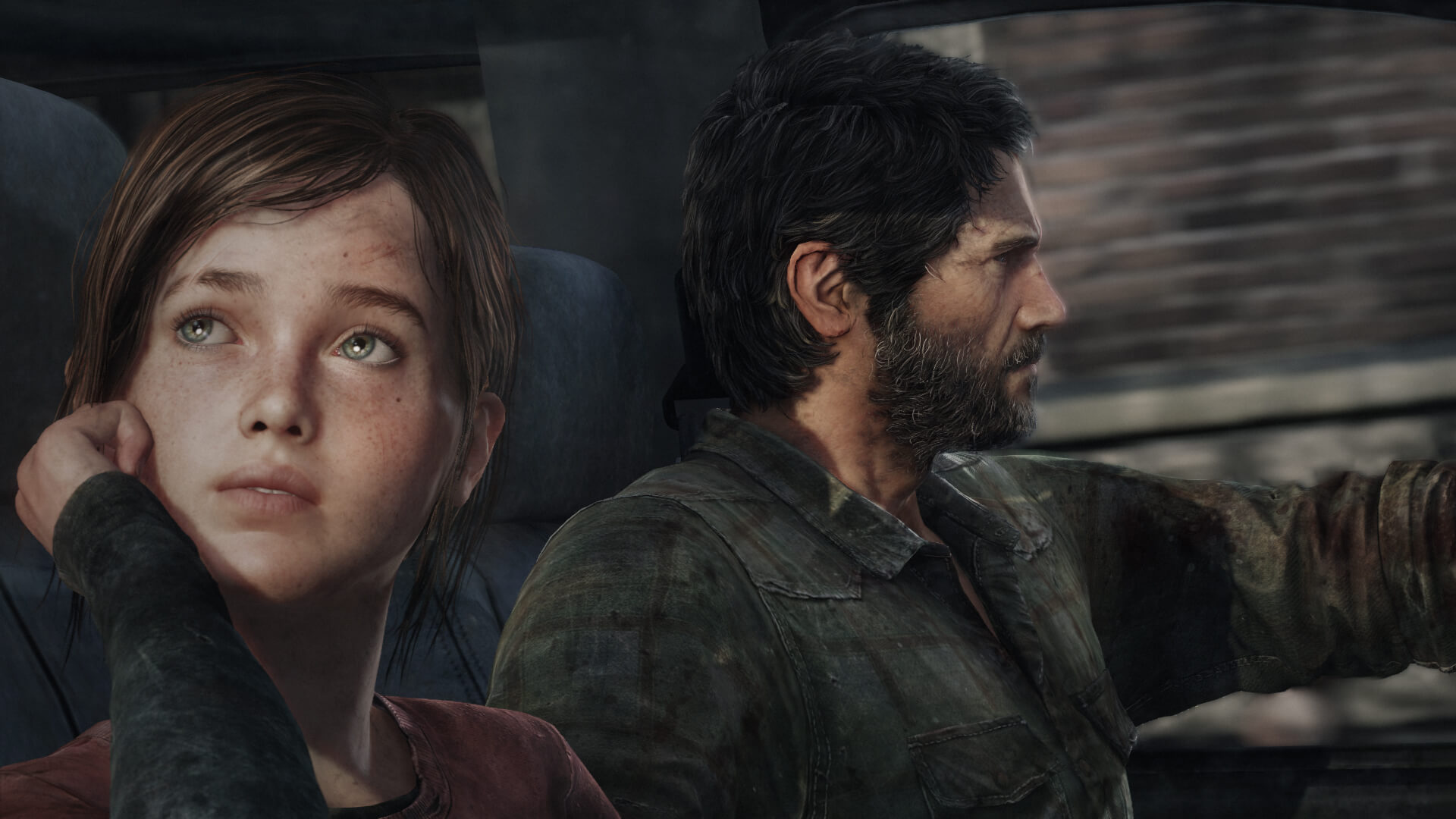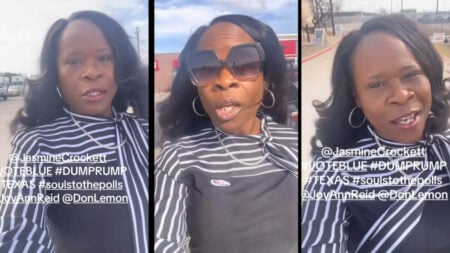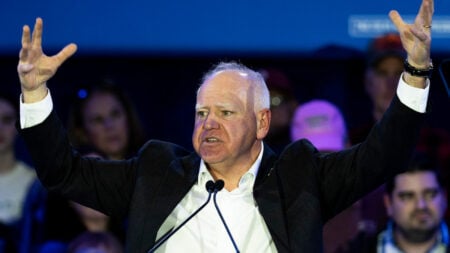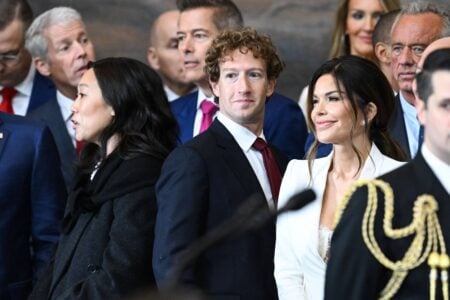Recently Darksiders 3 got revealed its main protagonist would be a female named Fury and it got me thinking about the ideas of diversity and equality. Not just in video games mind you but in all of life. Accepting other cultures, learning from them, experiencing them. Placing balance and equality between genders throughout the world. With certain political figureheads and governments, this concept has seemingly been lost in the last year or so. Campaigning with ignorance, raising a flag of blind hate, shunning the different. It’s a scary time to be alive. But thankfully the video game industry seems to be doing the opposite. Attempting to add diversity within their games, providing fresh perspectives.
With certain political figureheads and governments, this concept has seemingly been lost in the last year or so. Campaigning with ignorance, raising a flag of blind hate, shunning the different. It’s a scary time to be alive. Thankfully the video game industry seems to be doing the opposite, attempting to add diversity within their games, hoping to provide fresh perspectives.
Female protagonists have gained ground in recent years, building a name and a brand for themselves. Horizon: Zero Dawn is one of the great games of 2017 and is arguably Sony’s biggest PlayStation 4 exclusive to date. The game sold more than 2.6 million copies in its first two weeks alone. A small group of ignorant gamers bashed Horizon for, “shoving feminism down our throats.” However, the majority of gamers showed maturity and enjoyed a fantastically designed open world game, which just happened to star a female protagonist. Aloy will stand alongside the likes of Nathan Drake and Kratos as an icon of the Playstation brand.
It has been a long journey though, as developers have spent years being too terrified to commit to a strong female lead. For so long, female protagonists were either hidden away or overly sexualised as a means of appealing to a predominantly male fan base. You only need to look at the Metroid and Tomb Raider franchises. Metroid (1986) has the player controlling the formidable, power suit wearing Samus Aran. However, it is only in the final moments of the game, that Metroid’s greatest secret is revealed. Under the armor is Samus, a woman. Perhaps players may have stuck with the game, despite it starring a female lead, but is it too far to suggest that Metroid may not have seen the same success if Samus’ gender wasn’t kept a secret?
On the other end of the spectrum is the early design for Lara Croft; A short shorts wearing, large breasted lead. Once again, without the allure of her sexy polygonal form, would players have accepted her? The video game industry has always been predominantly a male’s domain though, not in its player base, but in its heroes. Doom Guy, Master Chief, Marcus Fenix just to name a few.
The most successful franchises have been populated by the most generic heroes. Men. White men, with bulging muscles, overcompensating weaponry, and thick masculine voices. Every game was a bro shooter. Every lead followed this format. Strong female characters were still present, like Uncharted’s Elena Fischer and Red Dead’s Bonnie MacFarlane, but they still inevitably needed a male lead to save them from some kind of malevolent force. That was the way it was for a long time and that lack of diversity became boring. Players want fresh perspectives, new faces.
Between 2012 and 2013 something changed. Nothing monumental. Female protagonists didn’t outnumber males by 3 to 1, but a confident step in the right direction was taken. Independent games had more freedom than big budget studios due to the lack of a meddling publisher. As a result, characters of different genders and sexual orientations could be portrayed.
Gone Home is told from the perspective of a female college student, as she uncovers the tale of her sister’s sexuality. A far cry from the gun toting, jar heads of the AAA space. A large reason they were allotted the freedom to do this is that they are a smaller studio. This fresh and different take on gaming is why so many gamers praised Gone Home for its innovation.
In 2013 many AAA games dared to change. Tomb Raider was rebooted (featuring a less sexualised, more empowered Lara Croft). Bioshock Infinite told the story of Elizabeth, and The Last of Us introduced Ellie, one of the most prominent female icons in gaming and possibly of all time.
Lara, Elizabeth, and Ellie. Three powerful, headstrong and relatable heroines. Finally, female gamers had someone to look up to. Male gamers could branch out from their narrow view of protagonists. These moves weren’t made without a massive amount of caution though. Despite telling the story of Elizabeth, Booker Dewitt, a gunslinging mercenary, is the protagonist and exclusively stars on the cover of the box. The Last of Us is similar, as Joel is the main protagonist throughout the majority of the game. Both games tell the story of a powerful woman, yet are told through a gruff male perspective. It is only in each games DLC, Left Behind and Burial at Sea, that Elizabeth and Ellie are allowed to stand front and center as the playable protagonist. It can be argued that these are two crucial parts that started a movement. It showed games could be wildly successful because of a strong female character, instead of despite it.
In 2017, we are witnessing the beginning of a revolution. Horizon: Zero Dawn, Star Wars Battlefront 2, Nier Automata, Gravity Rush 2, Uncharted: The Lost Legacy, What Remains of Edith Finch and Darksiders 3. All AAA games that have or will finally put their weight behind a strong female protagonist.
They aren’t scantily dressed and they aren’t hidden behind a male counterpart. Not only advocating for diversity through gender but through culture and political views. A high ranking officer in the malevolent galactic empire, an explorer looking to reconnect with her Indian heritage, an outcast from a tribal village. Fresh faces, new perspectives, and diversity. Sure the games will still get have the musclebound, white everyman, but just look at the difference between Horizon: Zero Dawn and Ghost Recon: Wildlands’ critical receptions. Diversity in games is vital. It keeps things interesting, welcomes in larger audiences, and broadens the mind in a world that wants to narrow them.

